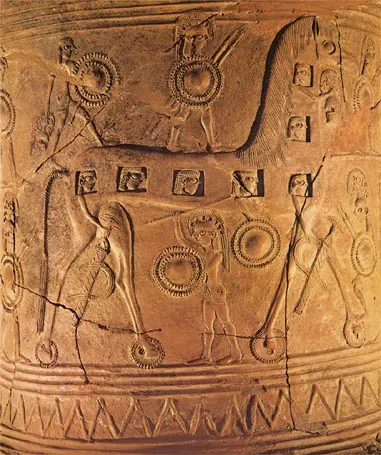William Finck on Inside the Eye with Dennis Fetcho
On Monday March 11th, 2013 at 2PM Eastern William Finck appeared on Inside the Eye with Dennis Fetcho.
This program airs on the Oracle Broadcasting Network.
This was a constructive program, the host wishing to understand Christian Identity beliefs and attitudes from a source other than the ADL. A wide range of topics was discussed, mostly relating to the Jewish Question throughout history.
I am sorry that I was not able to announce my appearance on this program in advance, as my internet service was disrupted the morning of the program, and remained that way until after it started.

 On this edition of The Realist Report, we'll be joined by William Finck of Christogenea.org to discuss the origins, migrations, and history of the European peoples and Western civilization generally. Where do modern Europeans have their origins? What is our true history? These and related questions will be discussed.
On this edition of The Realist Report, we'll be joined by William Finck of Christogenea.org to discuss the origins, migrations, and history of the European peoples and Western civilization generally. Where do modern Europeans have their origins? What is our true history? These and related questions will be discussed. 



 Please click here for our mailing list sign-up page.
Please click here for our mailing list sign-up page.







